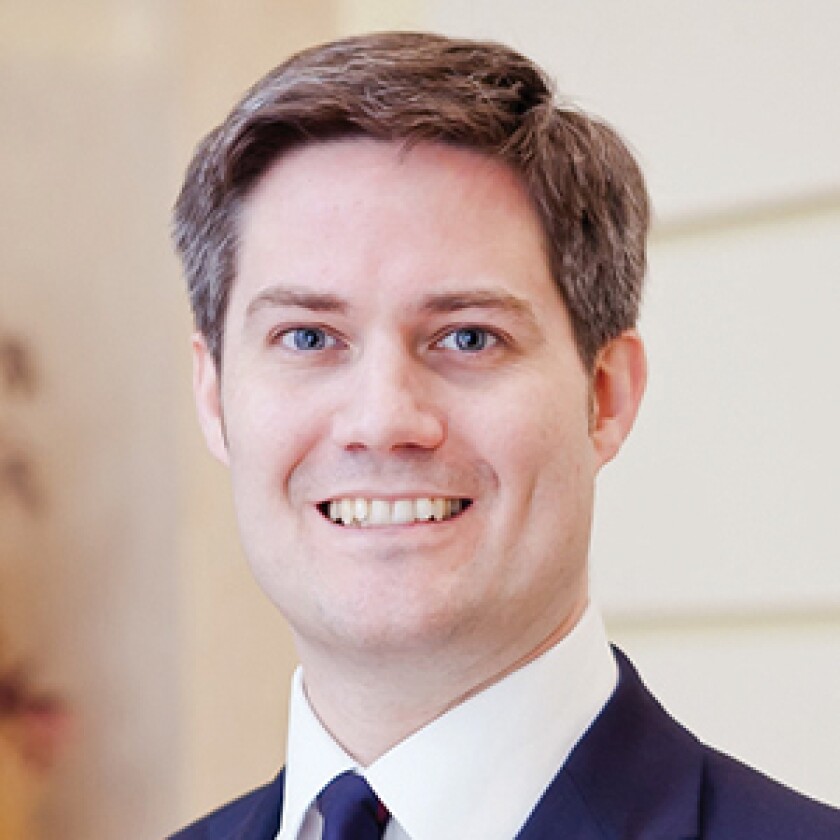Someone asks you at a party what you do for a living. What do you say?
I’m a tech and brand lawyer, who also does some work with the government.
Talk us through a typical working day.
I’m not sure I have a typical day. An illustrative day might be a review of overnight messages, followed by an early morning briefing with London’s police and licensing team on events and issues in the City of London.
Then I work on client files preparing for disputes or advising on issues. Typically, the day will have a mixture of in-person and online meetings with people from around the world. We could be talking about the development of artificial intelligence (AI) policy, a patent dispute, or data protection compliance. It is a wonderfully varied practice.
I might have a meeting with government officials over lunch, and then return to the usual work for clients in the afternoon, in the evening I could be at a networking event, a civic function, or maybe I will get to go home and have dinner with my family!
What are you working on at the moment?
I have been advising the UK government on an AI treaty and law reform on the use of data. I’m also working on a patent invalidity lawsuit and advising a global tech company on data protection compliance. I’m also working on matters concerning trademarks, licensing agreements, an IP transfer, copyright infringement, and some contractual disputes, as well regulatory work.
Does one big piece of work usually take priority or are you juggling multiple things?
Time management is key, I am always involved in multiple matters. The priority has to be based on the need, and at times some things, particularly court litigation or sitting as a part-time judge, take up the majority of my time.
What is the most exciting aspect of your role and what is the most stressful?
The sheer breadth of technology and business interests, or reputational issues (often for important current events) means it is never dull! I think knowing how important a good resolution for clients is can be stressful, as can wondering what you will be doing next week and not knowing what you can safely plan to do!
Tell us the key characteristics that make a successful IP lawyer/practitioner.
This is probably the hardest question you pose. There are so many angles for a potential answer. I would say you need to be curious, thorough, and willing to work hard. You also need to be able to seamlessly move between quite a technical conversation on law or technology to a more understandable everyday language conversation with ease. The ability to distil and explain the issues, problems, and solutions, is very important.
What is the most common misconception about IP?
That you can freely use everything you can find online! Or perhaps it is whether the UK is really a first-to-file patent jurisdiction, but explaining that does not fit with a five-minute interview!
What or who inspires you?
Interesting principled people, and trying to leave my community in a better place than I found it.
If you weren’t in IP, what would you be doing?
In the military.
Any advice you would give your younger self?
There were one or two people I shouldn’t have trusted, but generally, I think the path we follow in life, including its mistakes, is what makes us who we are. My advice is just to always do what you think is right.










